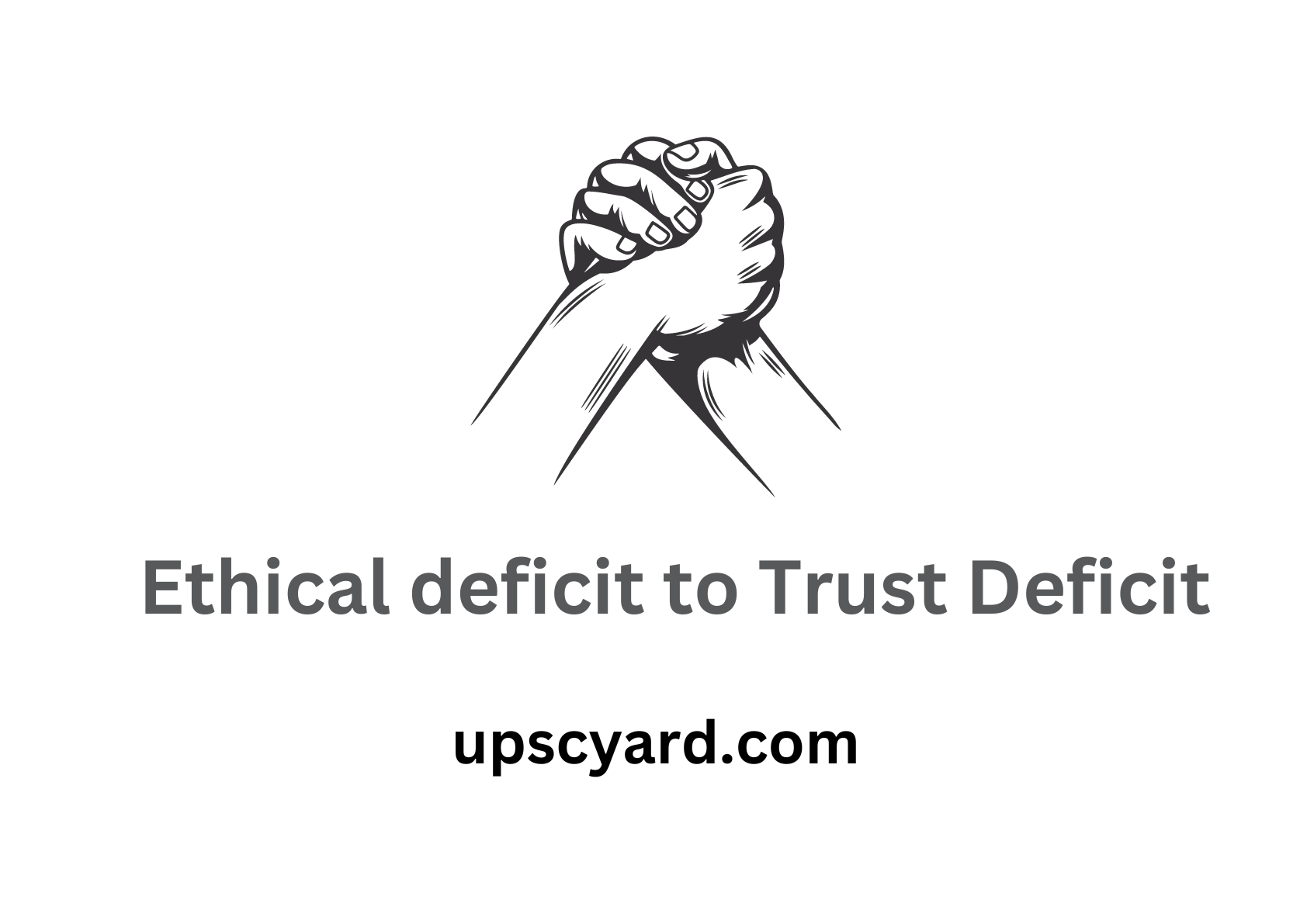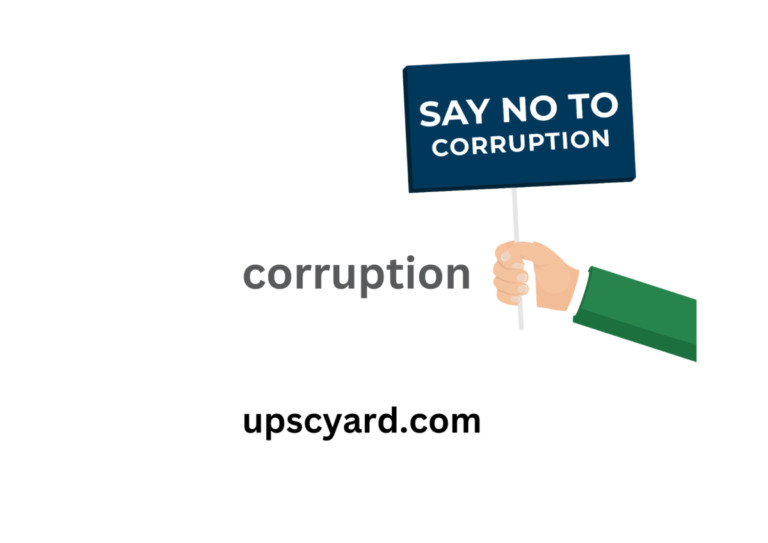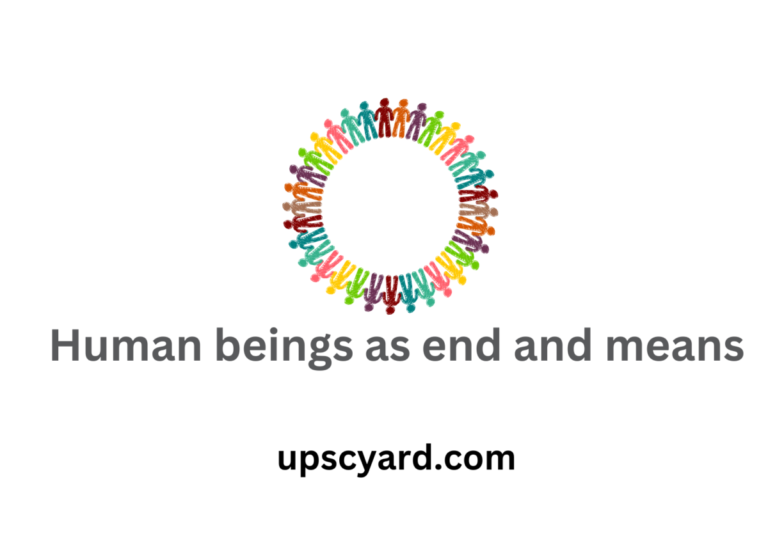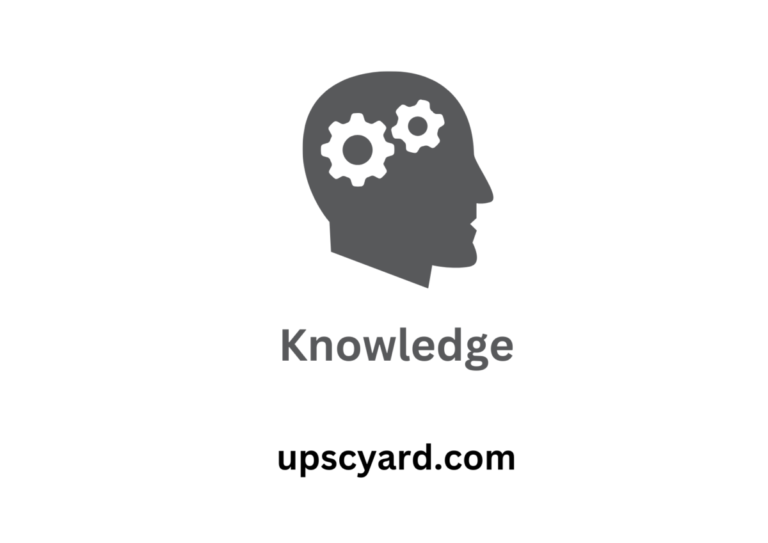Ethical deficit to Trust Deficit
Key points
An ethical deficit pertains to the absence of ethical values and conduct, whereas a trust deficit emerges from a lack of trust or confidence.
The relationship between ethical deficit and trust deficit is closely intertwined.
Ethical deficits undermine trust among stakeholders, potentially leading to the disintegration of relationships and institutions.
To restore trust, it is vital to confront the ethical deficit and foster transparency, accountability, and integrity.
Reestablishing trust can be achieved by exhibiting ethical behavior and taking responsibility for one’s actions.
Developing a culture of ethics and trust necessitates collaborative endeavors from individuals, leaders, and society at large.
Five ethical deficits that need to be addressed
- Reflective practice deficit: Imbalance between action and critical thinking, resulting in hasty strategic decisions without ethical considerations.
- Character development deficit: Society emphasizes talent over character, but ethical behavior requires both. Business reporting should highlight ethical conflicts and resolutions.
- Respect deficit: Workplace erosion of respect with abusive behavior and bullying. Shareholders also treated with little respect. Ethical treatment is a fundamental right.
- Right use of power deficit: Increasing abuse of power leads to demoralization, attrition, and safety issues. Leaders need to understand power’s effects and develop a healthy relationship with it.
- Mentoring deficit: Insufficient mentoring for ethical leadership, focusing more on technical performance. Lack of mentoring contributes to the decline of ethical leadership.
Trust deficit
- Trust is essential for the functioning and development of both individuals and society.
- Personal consequences of a trust deficit include feelings of loneliness, fear, and paranoia, as well as potential mental and emotional collapse.
- Lack of trust hampers cooperation and makes it difficult to survive in a complex society.
- Trust deficit affects both mental well-being and physical health, as it leads to increased stress and the need for constant supervision.
- Societal consequences include hampered cooperation, hindered development, and potential survival issues. Lack of trust in authorities can lead to the rise of alternative leaders. Trust deficit affects the economy and can result in people seeking untrustworthy alternatives.
Mains Question : Ethical deficit to Trust Deficit.
Q. How does the prevailing trust deficit in society impact personal and societal well-being? What steps can individuals take on a personal level to cultivate trustworthiness?
As a society, we have witnessed a decline in trust towards others, which can be attributed to the erosion of moral values, ethical standards, and a lack of meaningful connections in today’s world. Instances of fraud and deception are prevalent and widely publicized, leading us to question the integrity of everyone we come across. In the past, people took the time to build relationships and familiarize themselves with their neighbors, but this practice has become uncommon, resulting in a decrease in trust between individuals. The absence of trust creates a fragmented society where faith and confidence in one another are compromised. This is concerning, especially when our society needs unity and collective action.
On a personal level, the lack of trust breeds feelings of isolation and skepticism towards the intentions of others. To counteract this, I prioritize being true to my word and upholding a sense of trustworthiness. I actively engage with my colleagues and neighbors, investing time and effort to establish genuine connections with those in close proximity. By doing so, I aim to cultivate trust with the individuals I regularly interact with. Trust plays a vital role in leading a fulfilling and contented life. The more we trust and share with others, the greater our sense of fulfillment and overall well-being.
In conclusion, the decline in trust within our society stems from deteriorating moral and ethical standards and a lack of interpersonal connections. This trend has given rise to a fragmented society where trust and faith in one another are diminished. However, at a personal level, we can counteract this by staying true to our words, developing meaningful relationships, and fostering trust with those in our immediate circles. By actively promoting trust, we contribute to a more cohesive and harmonious society.




